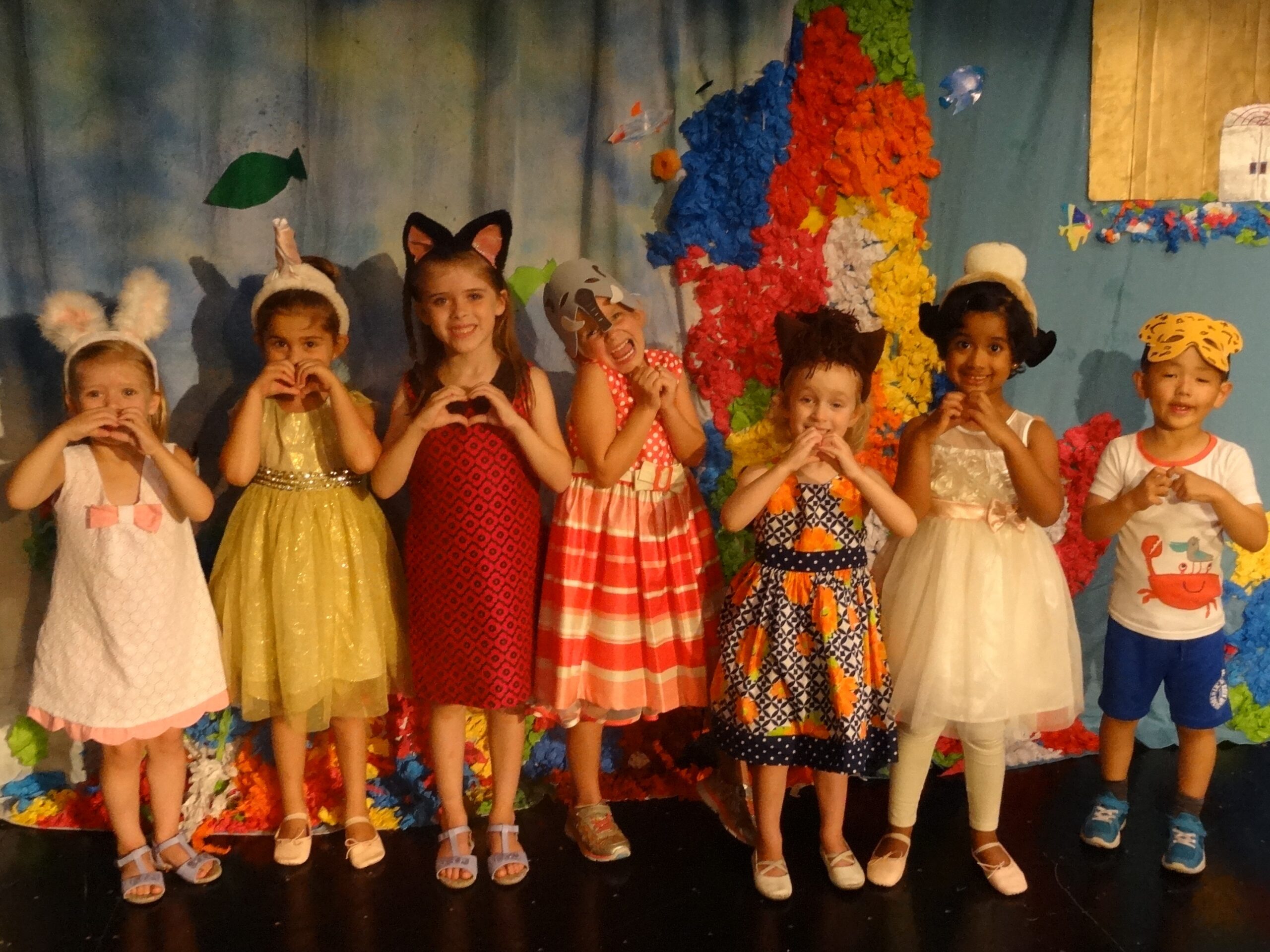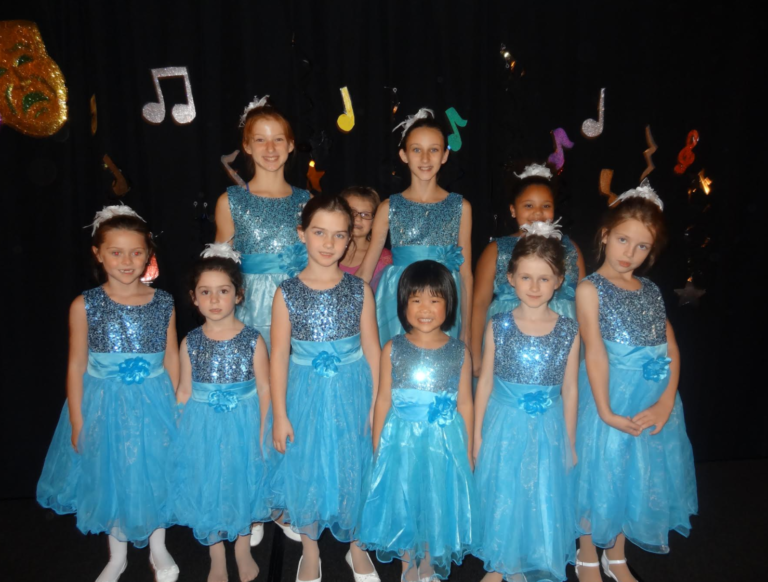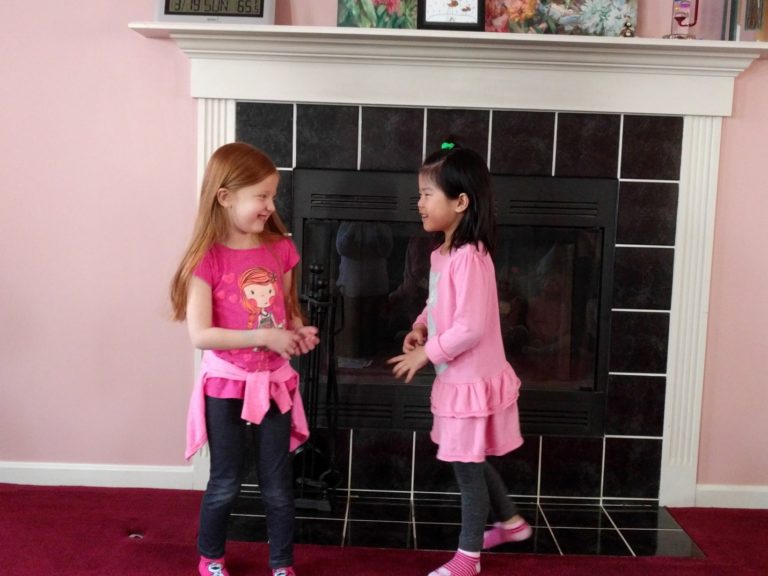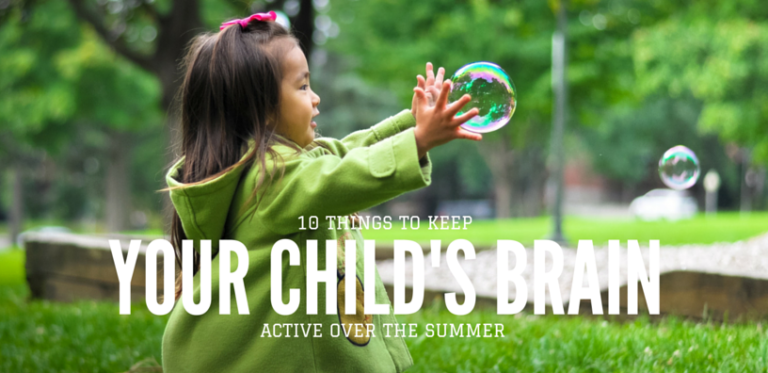The research is clear: gratitude is a superfood for our physical, emotional, and social wellbeing. According to Robert Emmons, Ph.D., Professor of Psychology at UC Davis, gratitude lowers blood pressure, improves immune function, reduces the risk of depression, anxiety, and builds resilience.
Share a Gratitude Journal for 30 Days
In his research and book, Thanks! How the New Science of Gratitude Can Make You Happier, Emmons suggests even just listing out a few things we are grateful for each day can have a positive impact on our mood, attitude, and relationships. Anytime is a perfect time to start a gratitude journal. A few years ago, my daughter and I shared a gratitude journal. We took turns writing in the journal and sharing a few things we were grateful for. It was a great way to connect with my daughter and for both of us to remember the good things about our family and our world. Whether you share a journal with your child or you each have your own journal, join forces and agree to keep a gratitude journal for 30 days.
Each day, list three to five things you are grateful for. Share with each other, if you’d like. Or just ask your child once in a while, “How do you feel after you’ve written what you are grateful for?”
You can start with 30 days! One month. And you’ll be well on your way to making this a lifelong habit.
Notice and Savor the Small Stuff
Often the parents I see in coaching and psychotherapy come to me sharing they think something is wrong with them as they always seem to be waiting for the “other shoe to drop”. They share with me how they tend to harp on the negative within themselves, their children, and their partner.
The truth is, there is nothing wrong with them or us. We all have a negative bias. According to Rick Hanson, Ph.D., our brains are like Teflon for the good and Velcro for the bad.
Hanson suggests that in order to turn off negative bias, we have to put conscious effort into savoring the good. So when something good happens, we have to not only notice it but take 30 seconds to savor it in order to “plant” it in our implicit memory.
Together with our children, we can savor the small stuff just by noticing the beauty in the ordinariness of our everyday lives. We can help our children become noticers of the good in one another and our world by
- pausing to notice and “take in” the beauty of a sunset
- appreciating a stranger holding the door open for you and your child
- stopping to admire a vibrant tree in the park
- listening to birds sing early in the morning
Write a Gratitude Letter
All of us have someone who has made an impact on our lives. Often, we don’t take the time to let them know. In our fast-paced world, sending a text or an email is easy but taking the time to write a handwritten letter to someone is a treasure.
Need some tips on how to get started? Check out Berkeley’s Greater Good Society for an example of a gratitude letter. Take some time to sit down with your child and write your own gratitude letter.
Maybe it’s to a grandparent, aunt, uncle, friend, coach, or teacher. Don’t go for perfection – go for authenticity. I can guarantee just by sharing what’s in your heart the recipient will treasure this personalized gesture of appreciation. You and your child might not only make someone’s day but make their life.
A few years ago, an elderly psychotherapy client of mine shared she often felt her family didn’t really care about her. She felt she didn’t really matter to them and maybe life would be better off without her in it. Then one day, she came to our session with a handwritten letter in her hand and tears in her eyes. Her eight-year-old grandson had written her a gratitude letter. She was so grateful he had noticed her and taken the time to express how much he loves her. I can tell you that small gesture helped this grandmother have hope and a reason for living.
By making gratitude a habit, it becomes a way of life – an attitude we have toward life. When we live with thoughts of gratitude, we recognize
life is truly a gift.
By Lisa McCrohan




